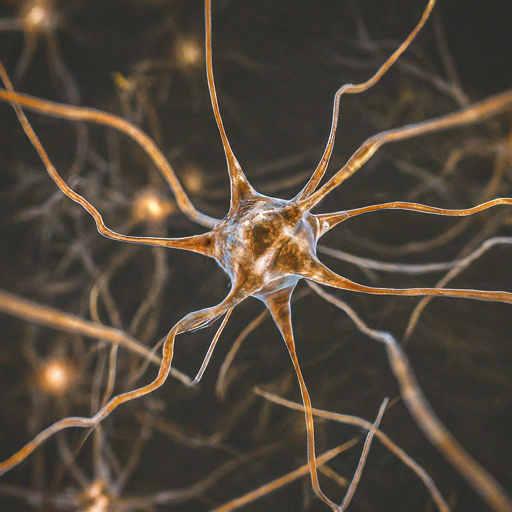The Marvel of Working Memory: A Brief Exploration
Working memory is like the brain’s sticky note pad—a temporary storage system that allows us to juggle information, solve problems, and make decisions. It’s the mental workspace where we manipulate data, mentally rehearse phone numbers, and follow complex instructions. But how long can our mental sticky notes stay stuck?

The Duration Dilemma
Scientists have probed this question for decades, and while there’s no universal stopwatch ticking away in our heads, they’ve arrived at a consensus: on average, our working memory can hold information for approximately 10 to 15 seconds. Imagine a mental stopwatch—start it when you read a phone number, and by the time it reaches 15 seconds, the digits might start fading away.
The Magic Number Seven (Plus or Minus Two)
Psychologist George A. Miller famously proposed the concept of the “magic number seven, plus or minus two.” He suggested that our working memory capacity hovers around seven items (chunks) of information. So, if you’re trying to remember a grocery list, those seven items are your mental limit. Add an eighth item, and something’s bound to slip off the mental conveyor belt.
Factors at Play
Several factors influence working memory duration:
Attention: The more focused we are, the longer we can hold information. Distractions? They’re like gusts of wind blowing away our mental sticky notes.
Complexity: Simple facts stick around longer than intricate details. Recite the alphabet backward, and you’ll feel the strain on your mental sticky notes.
Rehearsal: Repetition keeps information alive. Ever repeat a phone number to yourself until you dial it? That’s working memory at work.
The Brain’s Orchestra
Working memory isn’t a solo act—it’s a symphony. Different brain regions play their instruments: the prefrontal cortex conducts, the hippocampus hums, and the parietal lobes provide the rhythm. When they harmonize, we remember that password long enough to log in.
Practical Implications
From acing exams to following cooking recipes, working memory matters. It’s the mental scaffolding that supports our daily tasks. So, next time you’re mentally juggling multiple facts, appreciate your brain’s sticky note pad—it’s a marvel of cognitive engineering.
Conclusion
Our working memory may not rival an elephant’s recall, but it’s our mental lifeline. Cherish those fleeting seconds of mental stickiness—they’re the building blocks of our cognitive feats.
Remember, though, this blog post won’t linger in your working memory forever. So, bookmark it or jot down the key points. After all, even the most captivating articles eventually fade into the recesses of our mental sticky notes.
Happy thinking!
